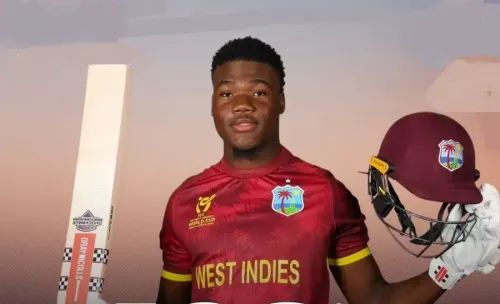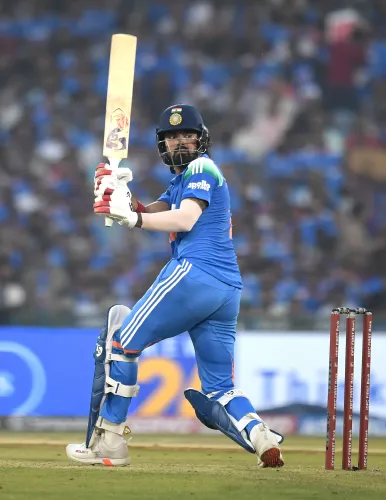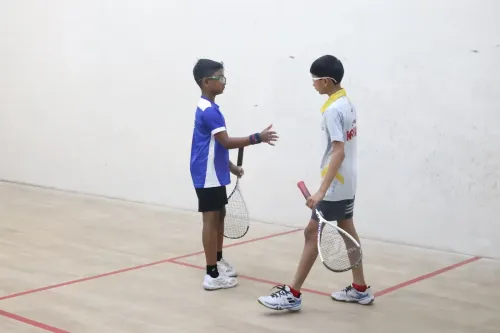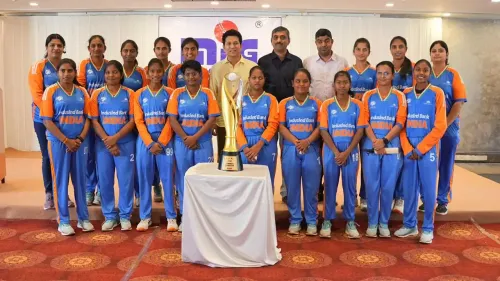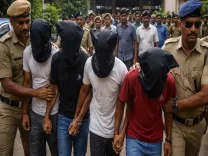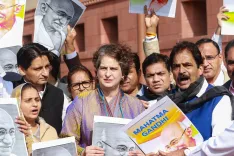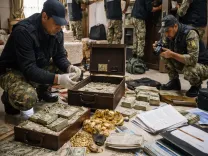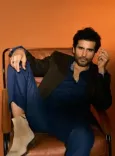Hockey: Former Indian Captain Rasquinha Applauds Retired Players for Embracing Coaching Roles

Mumbai, Dec 2 (NationPress) Former captain Viren Rasquinha is thrilled to witness the positive evolution of Indian hockey, as retired players are now stepping into coaching roles to share their expertise and experience with the younger generation.
The 44-year-old shared his thoughts on the increasing interest among former players in coaching roles. Many retired Indian hockey players have taken on the responsibility of guiding the youth towards success, having dedicated years to the sport during their playing careers. For instance, the dynamic India striker and current assistant coach Shivendra Singh is actively involved with the Indian men’s hockey team, while the recently retired PR Sreejesh has been appointed as the coach for the junior Indian men’s hockey team.
With the Hockey India League making its return in December, former Indian captains Sardar Singh and Rani Rampal will also be mentoring the Soorma Hockey Club during the tournament. According to Rasquinha, this is the ideal way to contribute back to the sport and the nation.
“I believe that as former players, the best way we can give back to our country is not by pushing papers in an office. It is by returning to the field and sharing our extensive knowledge and experience with young athletes to ensure that the mistakes from our playing days are not repeated by the next generation. I am genuinely pleased to see the increasing opportunities, as we need a greater number of quality coaches at the grassroots level to train our talented youth,” he expressed on the 'House of Glory' podcast, hosted by Indian shooting legend Gagan Narang.
The Olympian also highlighted the necessity to modernize the Indian coaching framework by incorporating sports sciences, ensuring that India remains competitive on the global stage. Rasquinha emphasized that India's medal count at the Olympics could see significant improvement through the integration of technology into coaching practices.
“To me, coaching is the most critical element in aiding India to secure more Olympic medals. We need to quickly adopt modern training methodologies, technology, and scientific approaches in sports. If we fail to do so, India risks falling behind. While we have made strides in physical training, we still need to catch up in mental resilience and managing pressure,” the former Indian skipper stated.
He also pointed out the transformation in public perception regarding sports and events like the Olympics, noting that fans now expect athletes to return with medals rather than merely participate.
“The most significant change I observe is a shift in mindset. When we played, there wasn’t a strong belief within the Indian men’s hockey team that we could defeat Australia and win an Olympic medal. We were content with giving them a tough game. Today, if the Indian hockey team returns without a medal, there is genuine disappointment because we recognize our capabilities,” Rasquinha remarked.
“There’s now a pervasive belief among everyone, including young talents from small towns or villages, that they are not just going to take part in the Olympics but aim to win an Olympic medal,” he concluded.


